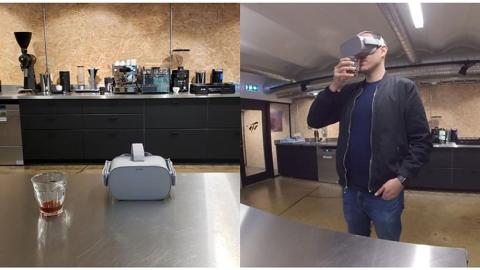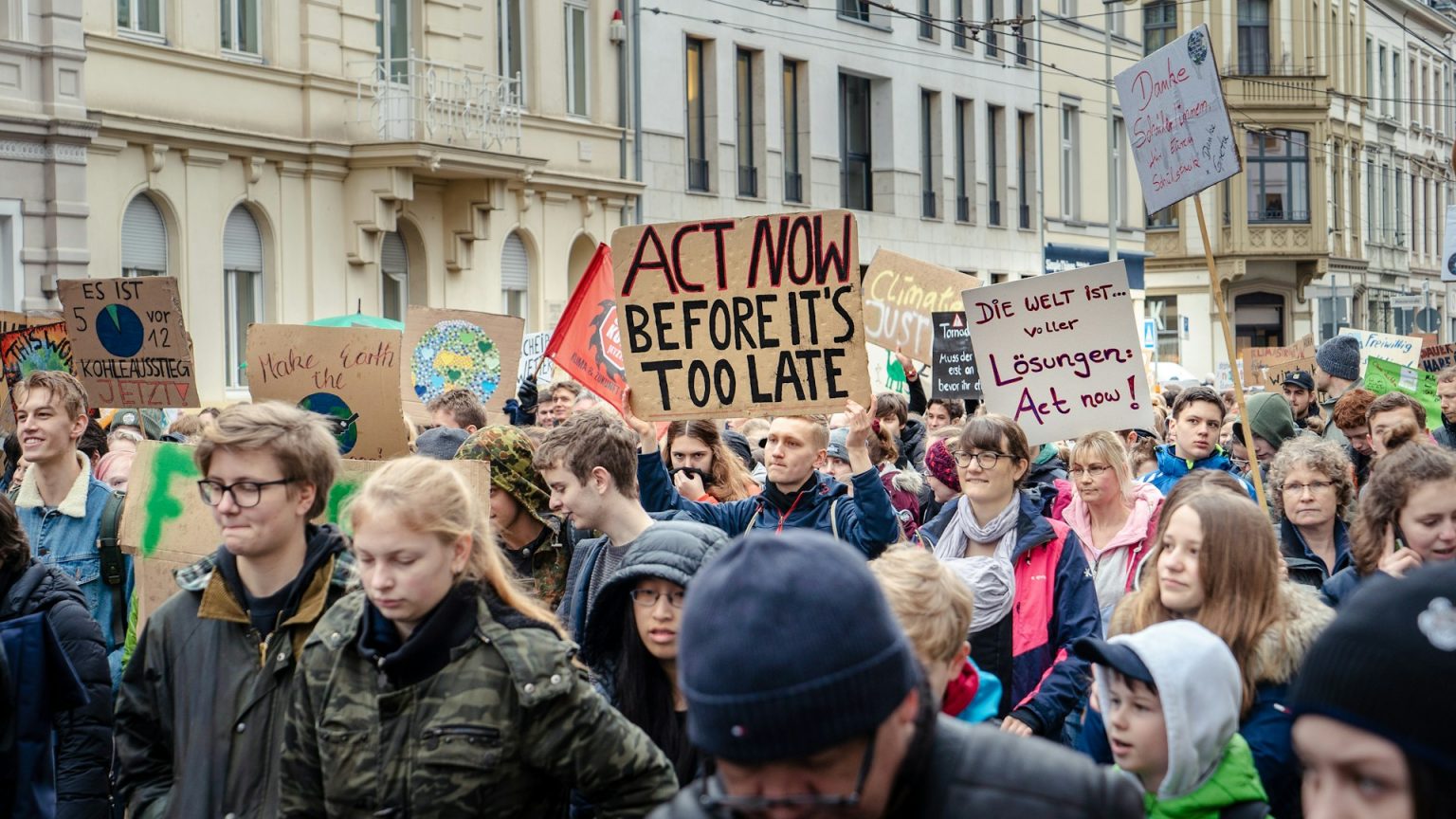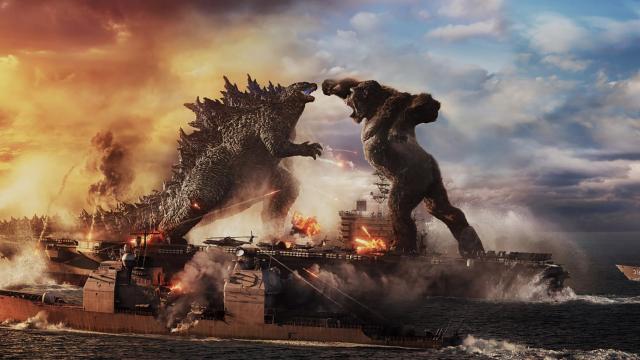VR experiments manipulate how people feel about coffee

Credit: Escobar / Petit / Velasco, Frontiers in Psychology
- Images can affect how people perceive the quality of a product.
- In a new study, researchers show using virtual reality that images of farms positively influence the subjects’ experience of coffee.
- The results provide insights on the psychology and power of marketing.
Are coffee consumers influenced by the imagery and story around the production of the drink? Such was one of the central questions of a new study that explored the power of marketing on how “premium” aficionados consider coffee to be.
The researchers set out to explore whether the origins of the coffee can affect the perception of its quality in the minds of the drinkers. In particular, they focused on the concept of terroir, the special characteristics conferred upon the coffee by the specific terrain in which it was grown.
“Terroir is more than a mere geographical link between product and land,” write the authors. “It relates to the idea that products are a unique expression of different environmental and sociocultural characteristics of a specific place.” Thus, focusing a customer’s attention on the environment in which the coffee was grown might make the product seem more authentic and of better quality.
Therefore, the researchers examined the effect of images on the coffee-drinking experience in three experiments. The study was carried out by the food scientist Francisco Barbosa Escobar from Aarhus University in Denmark and marketing experts Olivia Petit from the Kedge Business School in Marseille, France, and Carlos Velasco from the BI Norwegian Business School in Oslo, Norway. Incidentally, Norwegians are among the world’s top coffee consumers, with an average Norwegian adult consuming around 4 cups of coffee a day, reports Statistics Norway.
The first experiment involved 770 non-expert participants from the UK. They were shown online images and descriptions of four different specialty coffees, traded by a Norwegian coffee company. The researchers found that coffees with pictures of farms were rated higher in premiumness by the subjects than coffees with pictures of cities.
For the second and third experiments, the study used virtual reality environments of Times Square in New York City and a farm in Kenya as well as a control setting of a white room. The second experiment engaged 143 non-expert participants recruited via a behavioral studies platform at the BI Norwegian Business School in Oslo, Norway. The participants were asked to smell a sample of quality ground coffee from Kenya while at the same time traversing a virtual reality atmosphere. The subjects were then asked to rate the coffee.

Compared to the control (white room), subjects in the farm VR atmosphere rated the coffee as more acidic. Conversely, subjects rated coffee as sweeter when inside the control VR atmosphere compared to the city VR atmosphere. Furthermore, coffee was considered more premium when subjects were in the farm VR atmosphere compared to the control, but there was no difference in premiumness score between farm and city.
For the third experiment, the research team involved 34 people who were professionals in the coffee industry. They were asked to taste and score Kenyan coffee while being in the same city and farm VR environments used in the previous experiment. The results revealed a strong effect of atmosphere on how much the experts enjoyed their experience, with a much greater preference for the farm setting versus the control environment of a white room.
But the different VR atmospheres had little effect on how the experts rated the premiumness of the coffee. The researchers believe that “given their specialized knowledge, coffee professionals examined more objective attributes of the coffee and could discriminate intrinsic factors relevant for the assessment of the coffee from irrelevant extrinsic cues.”
The researchers think their results can lead to developing more immersive marketing experiences in virtual reality, which could be groundbreaking in many industries. A premium experience can lead to customers paying premium prices.





